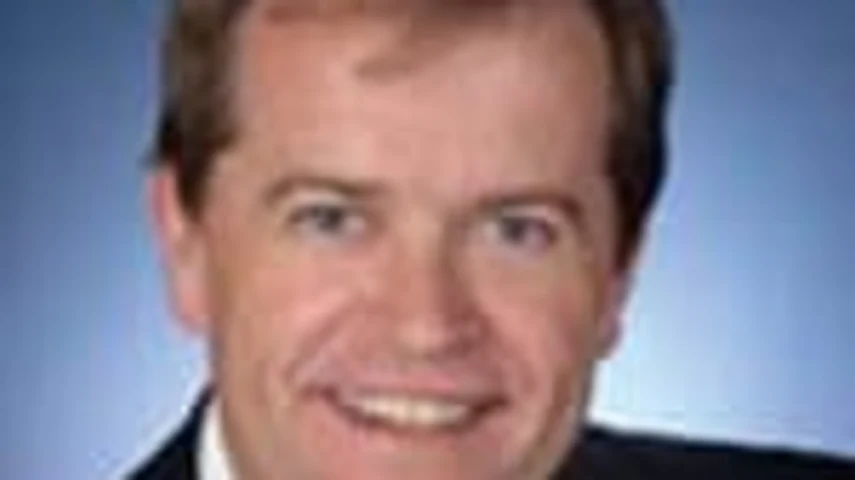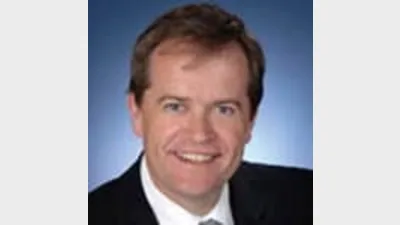Bill Shorten fingers financial advisers on Trio Capital



Self-managed superannuation fund (SMSF) trustees need to consider paying a levy to be able to access the same compensation arrangements as people in Australian Prudential Regulation Authority (APRA)-regulated funds, according to the Minister for Financial Services, Bill Shorten.
Reacting on national television to the findings of the Parliamentary Joint Committee (PJC) inquiry into the collapse of Trio Capital, Shorten did not back away from his earlier comments that SMSF trustees caught up in the collapse had been "swimming outside the flags".
As well, the Minister continued to apportion a good deal of blame to financial planners who he said had pushed clients towards the Trio investment vehicles on the basis of the sizeable commissions they would receive.
Shorten's strong line on the need for SMSF trustees to contribute to a compensation levy, and on financial planners, came despite the PJC laying considerable blame at the feet of the financial services regulators - the Australian Prudential Regulation Authority (APRA) and the Australian Securities and Investments Commission (ASIC).
As well, the PJC recommended that ASIC fund the pursuit of further action against those involved in the Trio collapse.
For its part, the Federal Opposition has urged the Government to adopt the PJC's recommendations, particularly the extension of compensation arrangements for those people who were moved out of APRA-regulated funds and into an unprotected environment as a result of receiving bad financial advice.
The Financial Planning Association (FPA) chief executive Mark Rantall claimed the PJC's key findings were "a blunt prompt to financial regulators and product manufacturers to demonstrably lift protection and disclosure standards in the interest of protecting Australians from further fraudulent actions and criminal attack on their life savings".
"Today's findings from the Parliamentary Joint Committee review of the collapse of Trio Capital remind us that the client-first principle must apply as an iron-clad undertaking by all industry participants and those who oversee the sector," Rantall said.
However he said the PJC had acknowledged the collapse of Trio had not resulted from a failure of advice but, rather, "was a premeditated and sophisticated fraud, which went undetected over years".
Recommended for you
Compared to four years ago when the divide between boutique and large licensees were largely equal, adviser movements have seen this trend shift in light of new licensees commencing.
As ongoing market uncertainty sees advisers look beyond traditional equity exposure, Fidante has found adviser interest in small caps and emerging markets for portfolio returns has almost doubled since April.
CoreData has shared the top areas of demand for cryptocurrency advice but finds investors are seeking advisers who actively invest in the asset themselves.
With regulators ‘raising the bar’ on retirement planning, Lonsec Research and Ratings has urged advisers to place greater focus on sequencing and longevity risk as they navigate clients through the shifting landscape.










